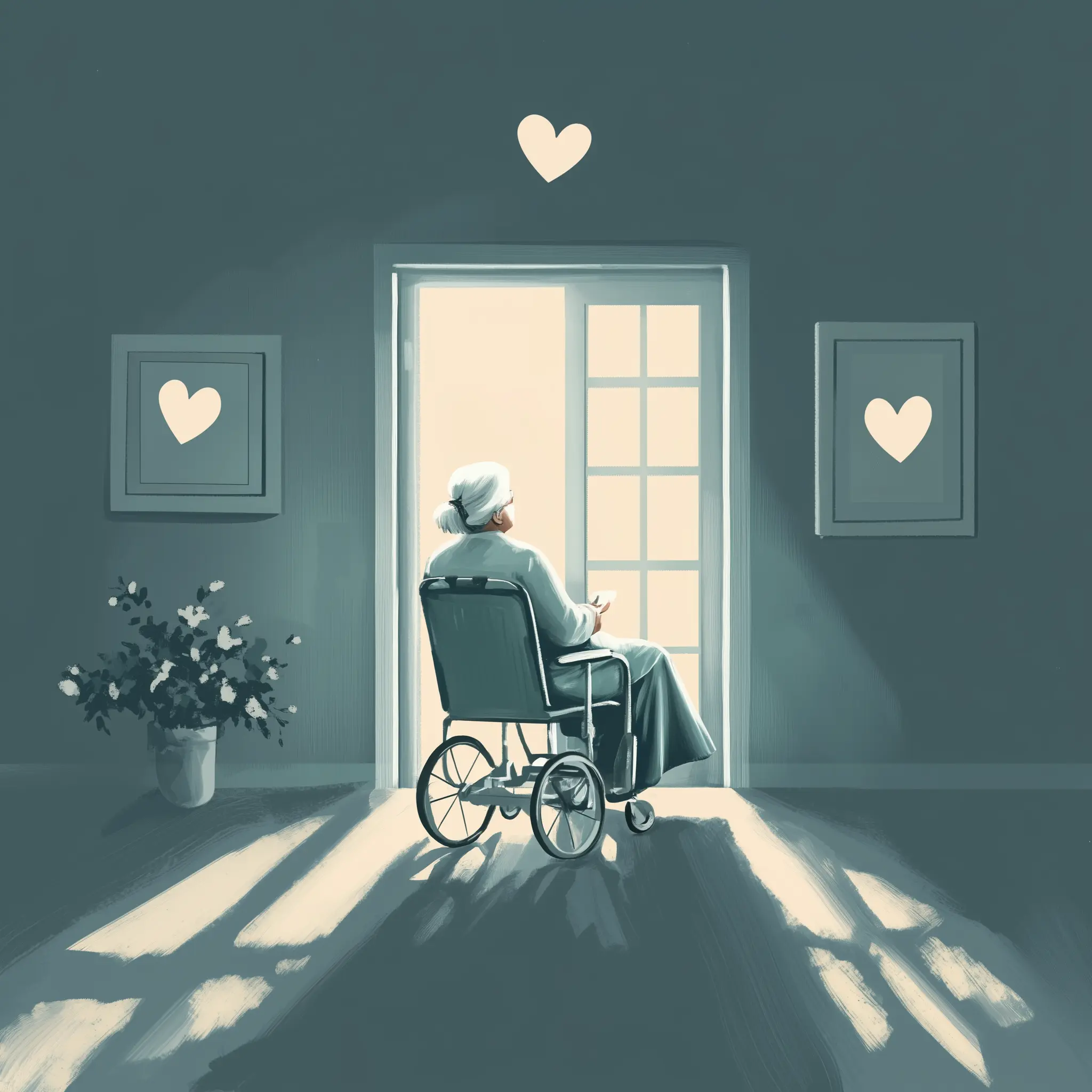
Is Palliative Care Appropriate For People With Major Stroke
- Published on
- Authors

- Author
- HP Homecare
Understanding Palliative Care in the Context of Major Stroke Events
Major strokes can be life-altering events not just for the patients but also for their families. Understanding the role of palliative care, the management of symptoms, ensuring dignified end-of-life care, providing robust support for families, and striving to improve the quality of life post-stroke are paramount.
The Role of Palliative Care for Major Stroke Patients
Palliative care is often misunderstood as care meant only for end-of-life stages. However, for major stroke patients, palliative care begins at diagnosis and continues through treatment management, recovery, or end-of-life care. It revolves around enhancing the quality of life through pain management, symptom control, emotional support, and spiritual care, ensuring that the patient’s journey is as comfortable as possible.
Key Components of Palliative Care in Stroke
- Symptom Management: Controlling pain, managing paralysis effects, and addressing speech and cognitive impairments.
- Emotional and Psychological Support: Assistance for depression, anxiety, and emotional distress related to stroke.
- Family Support: Guidance and support for family members and carers who play a critical role in the care of stroke patients.
Managing Symptoms in Stroke Patients
Effective symptom management is the cornerstone of improving quality of life for stroke patients. Here’s a close look at managing common post-stroke challenges:
- Physical Therapy: Helps in regaining movement and strength.
- Speech and Language Therapy: Essential for those who have difficulty with communication.
- Nutritional Management: Tailoring diet plans to help manage health better post-stroke.
Comprehensive End-Of-Life Care
As some major stroke patients may face life-limiting conditions, end-of-life care becomes a critical aspect of palliative care. This care is compassionate, involves pain relief, comfort measures, and provides emotional and spiritual support tailored to the patient’s and family’s wishes.
Enhancing Support for Patients and Their Families
The journey of recovery or adjustment post-stroke can be strenuous for both patients and their families:
- Educational Resources: Keeping families informed about stroke impacts and care strategies.
- Respite Care: Providing carers with a needed break to maintain their own health and well-being.
- Emotional Counselling: Offering support groups and one-on-one counselling to navigate the emotional undertow of stroke recovery.
Striving For Quality of Life After Stroke
Post-stroke, many patients can continue to lead meaningful lives. Tailored rehabilitation programs, regular health assessments, and lifestyle adaptations are critical. Re-integration into community activities and enabling participation in hobbies and social activities also play a crucial role in sustaining morale and enhancing life quality.
For Families:
The understanding and support from families are invaluable. Education about stroke, empathy towards the limitations it brings, and celebrating small victories are essential in the recovery phase.
Navigating life after a major stroke with appropriate palliative care can transform a daunting journey into one filled with moments of peace, dignity, and meaningful support. It’s not just about adding days to life but adding life to days.